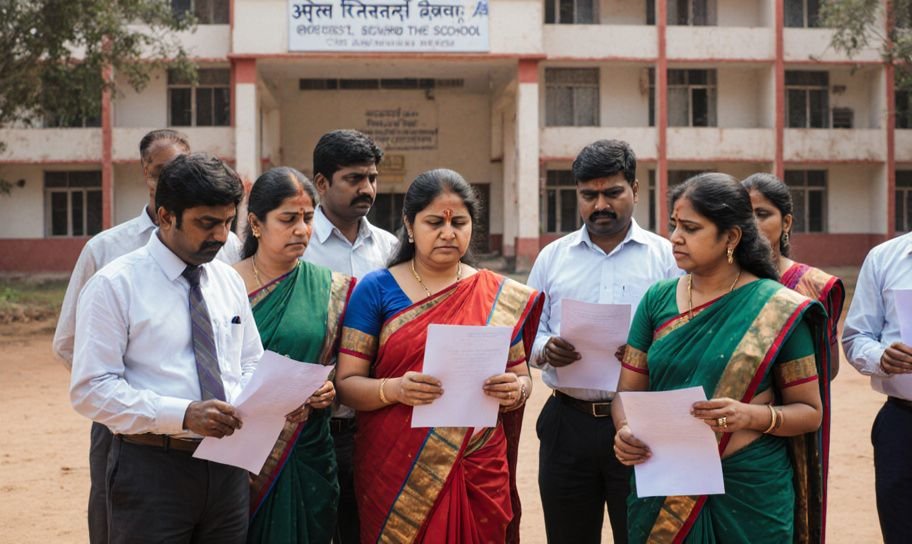
Summary: Ujjwala Sunil Shingare and a group of teachers in Maharashtra challenged a government decision affecting their job transfers. They argued it violated their rights and disrupted their lives. However, the court upheld the government's decision, emphasizing the need for educational reforms.
Ujjwala Sunil Shingare and other teachers from the Maharashtra Rajya Padvidhar Prathamik Shikshak Va Kendrapramukh Sabha took on the state. They were upset about a new transfer policy that might force them into different roles or locations. They claimed this violated their rights and the Constitution.
"The proposed transfer would violate their legal rights," the teachers argued.
The government, represented by Mr. S. S. Pakale and others, argued that the changes were necessary to improve education quality. They wanted to ensure enough teachers for subjects like Science, Social Studies, and Languages in every school.
"The action is likely to remove 20,000 or more primary teachers by declaring them extra," Pakale warned.
Judges Shree Chandrashekhar and Manjusha Deshpande decided in favor of the government. They stated that the Right to Education (RTE) Act is about students, not teachers. The court emphasized that the government’s policy aimed to maintain a healthy student-teacher ratio.
"The RTE Act is focused on students and not on schools," the court noted.
Some teachers wanted transfers to be closer to their spouses. The court acknowledged the importance of family but maintained that job transfers are part of government work.
"The transfer policy does not give any rights to the teachers," the court clarified.
The court dismissed the petitions, supporting the government's efforts to reform education. The decision highlighted the challenges of balancing teachers' rights with the need to improve educational standards.